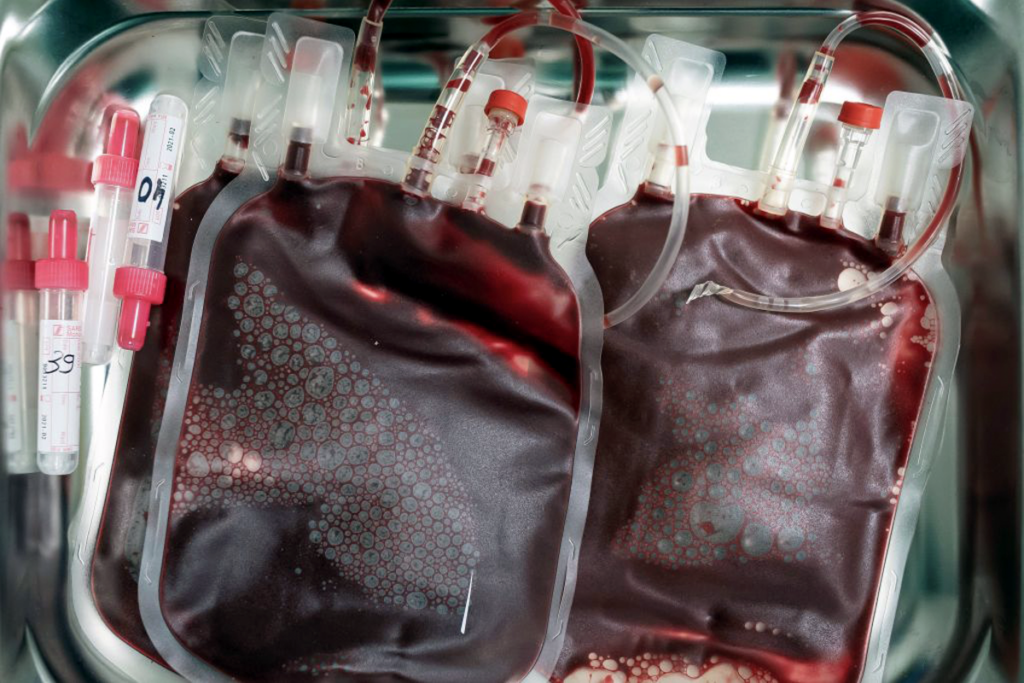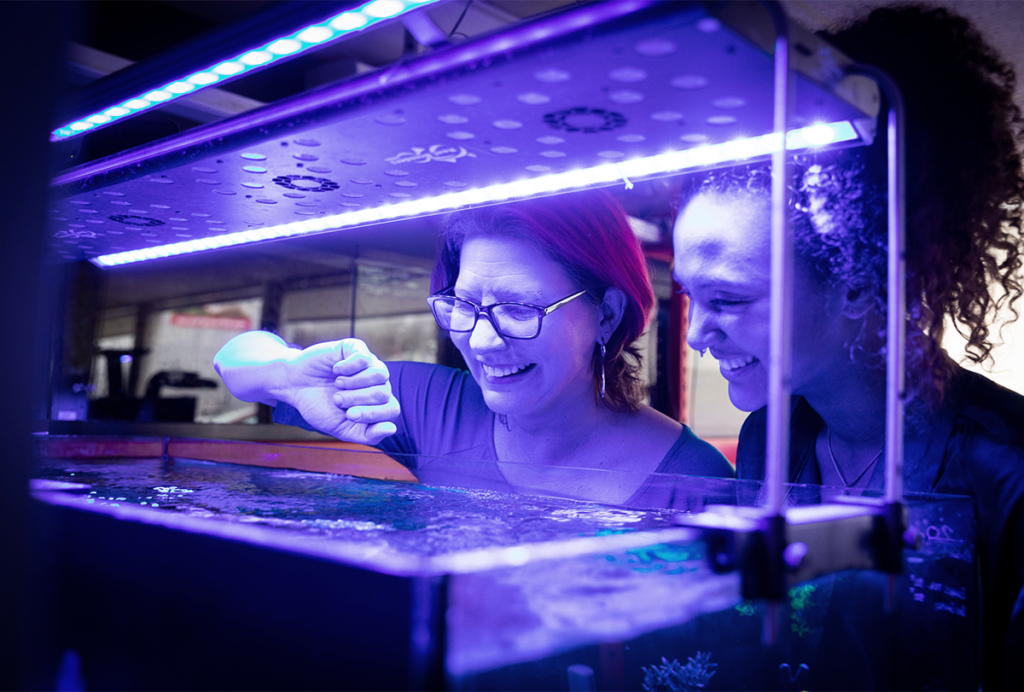Paul Knoepfler is professor of cell biology and human anatomy at the University of California, Davis. His research is focused on the interplay between stem cell and cancer biology, particularly at the epigenomic level. He also spends some effort on educational outreach, including through his site The Niche.

Paul Knoepfler
Professor of cell biology and human anatomy
University of California, Davis
From this contributor

Why hype for autism stem cell therapies continues despite dead ends
Selected articles
- “Histone H3.3 K27M chromatin functions implicate a network of neurodevelopmental factors including ASCL1 and NEUROD1 in DIPG” | Epigenetics & Chromatin
- “Reciprocal H3.3 gene editing identifies K27M and G34R mechanisms in pediatric glioma including NOTCH signaling” | Communications Biology
- “Rapid change of a cohort of 570 unproven stem cell clinics in the USA over 3 years” | Regenerative Medicine
- “Behavior of xeno-transplanted undifferentiated human induced pluripotent stem cells is impacted by microenvironment without evidence of tumors” | Regenerative Medicine
Explore more from The Transmitter
Cephalopods, vision’s next frontier
For decades, scientists have been teased by the strange but inaccessible cephalopod visual system. Now, thanks to a technological breakthrough from a lab in Oregon, data are finally coming straight from the octopus brain.

Cephalopods, vision’s next frontier
For decades, scientists have been teased by the strange but inaccessible cephalopod visual system. Now, thanks to a technological breakthrough from a lab in Oregon, data are finally coming straight from the octopus brain.
Keith Hengen and Woodrow Shew explore criticality and cognition
The two discuss their evolving views of brain criticality as a central organizing principle of cognition, development and learning.
Keith Hengen and Woodrow Shew explore criticality and cognition
The two discuss their evolving views of brain criticality as a central organizing principle of cognition, development and learning.
Body state, sensory signals commingle in mouse whisker cortex
The new study challenges a long-held view that the barrel cortex exclusively encodes sensory signals from the whiskers.
Body state, sensory signals commingle in mouse whisker cortex
The new study challenges a long-held view that the barrel cortex exclusively encodes sensory signals from the whiskers.